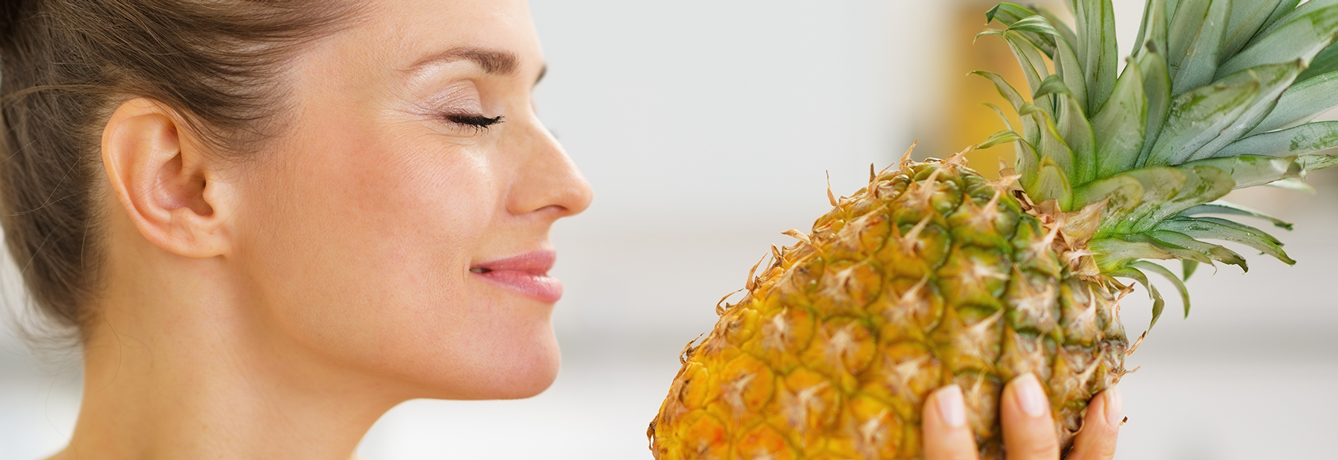Know someone who’s feeling “the blues?” Bring them a big mood-boosting bunch of vitamin C-rich fruit and vegetables. New research found a rapid and dramatic improvement in the emotional state of hospitalized patients who increased their vitamin C intake.
In a study recently published in the journal Nutrition, Canadian researchers assigned 34 patients (ages 50-83) to either a high-vitamin C or high-vitamin D regimen, monitoring patients’ moods over the course of 7 to 10 days. Mood scores were determined by a questionnaire of 30 questions. Blood levels of vitamin C rose, as expected, while mood disturbances declined by an amazing 34%. Patients taking vitamin D supplements enjoyed no mood improvement, even though previous research has found lower levels of vitamin D among seniors reporting more symptoms of depression.
While this study used over eight times the RDA of vitamin C, it’s not as hard as you might think to push your C levels through the roof with whole food sources. Look how much a cup of each of the following contributes to your vitamin C needs: red bell pepper 320%, kiwi 280%, broccoli 170%, oranges 160%, papaya 140% and pineapple 130%. In addition to moderating the grumps, vitamin C yields a multitude of other benefits, including improved brain performance, enhanced fat burning, better skin condition, stronger bones, and reduced inflammation.
Bonus: Feeling melancholic? Check your folic. Tufts researchers found folate deficiencies in a large proportion of those recovering from depression. Top folate sources include beans, spinach, beets, artichokes and Brussels sprouts.



